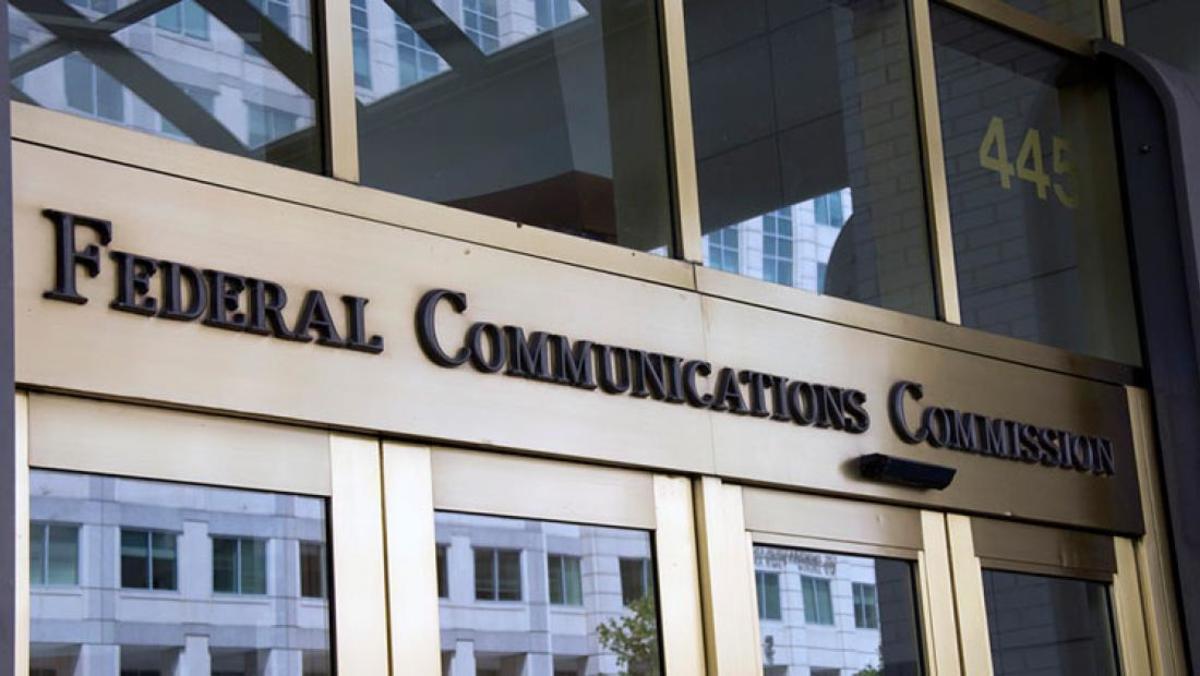ADA: Dentists Should Get FCC Telehealth Funding

The smarter way to stay on top of the multichannel video marketplace. Sign up below.
You are now subscribed
Your newsletter sign-up was successful
One groups of doctors said it should not have been left out when it came to handing out telehealth dollars allocated by Congress for the pandemic.
The American Dental Association has asked the commission to extend the $200 million COVID-19 Telehealth program to dentists, regardless of size or for-profit status.
Currently, the program is limited to health care providers as defined in the 1996 Telecommunications Act, which does not specifically include dentists*
ADA pointed out that the CARES Act COVID-19 aid bill that created the telehealth fund said the FCC could us the Telecommunications Act definition, but did not have to.
It should, said the group, saying that "teledentistry" is an important service for patients during the pandemic. It also pointed out ADA had issues with guidance to its members that whenever possible they should use virtual screening, and “make every effort to interview the patient by telephone, text monitoring system, or video conference before the visit."
Given that most dentists offices have been closed for all but emergency procedures--though some states are loosening that restriction with the sunset of national stay-at-home guidelines May 1--"dentists who are facing significant economic burdens due to the pandemic need access to FCC funds in order to afford teledentistry costs such as software to electronically message and screen patients, upgrades to the office computer system, upgrades to the office internet, extra-oral X-ray imaging equipment, digital sensors and Xray units, and digital cameras and intra-oral cameras."
ADA pointed out that the CARES Act COVID-19 aid bill that created the telehealth fund said the FCC could us the Telecommunications Act definition, but did not have to.
The smarter way to stay on top of the multichannel video marketplace. Sign up below.
Even after restrictions are lifted, social distancing will not be until there is a vaccine or treatment, so that teledentistry, or at least fewer in-person visits, will likely be the new normal.
ADA said the request was "urgent."
* As defined in the Act, healthcare providers are "1) Post-secondary educational institutions offering health care instruction, teaching hospitals, and medical schools; (2) community health centers or health centers providing health care to migrants; (3) local health departments or agencies; (4) community mental health centers; (5) not-for-profit hospitals; (6) rural health clinics; (7) skilled nursing facilities; or (8) consortia of health care providers consisting of one or more entities falling into the first seven categories."
Contributing editor John Eggerton has been an editor and/or writer on media regulation, legislation and policy for over four decades, including covering the FCC, FTC, Congress, the major media trade associations, and the federal courts. In addition to Multichannel News and Broadcasting + Cable, his work has appeared in Radio World, TV Technology, TV Fax, This Week in Consumer Electronics, Variety and the Encyclopedia Britannica.

